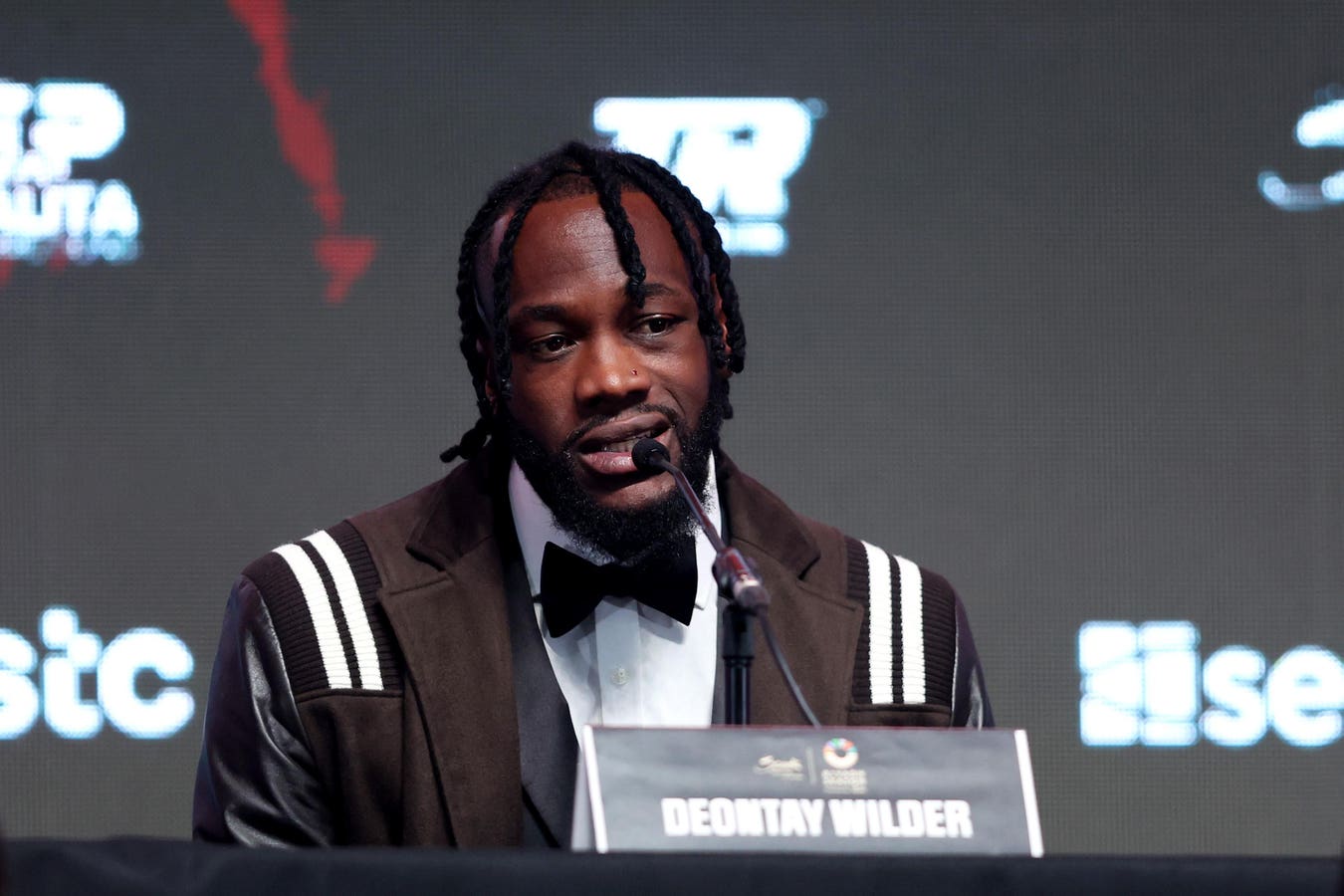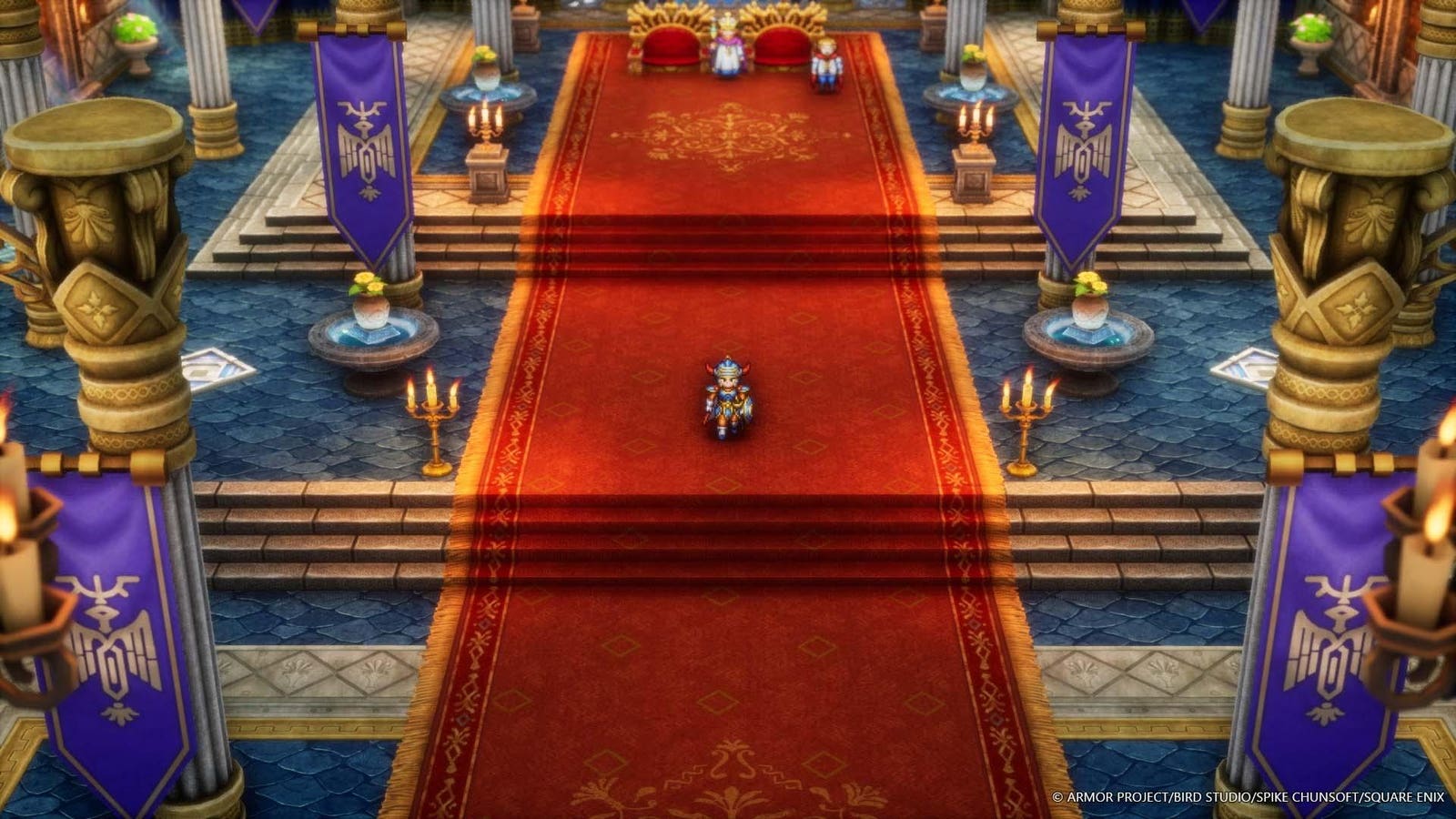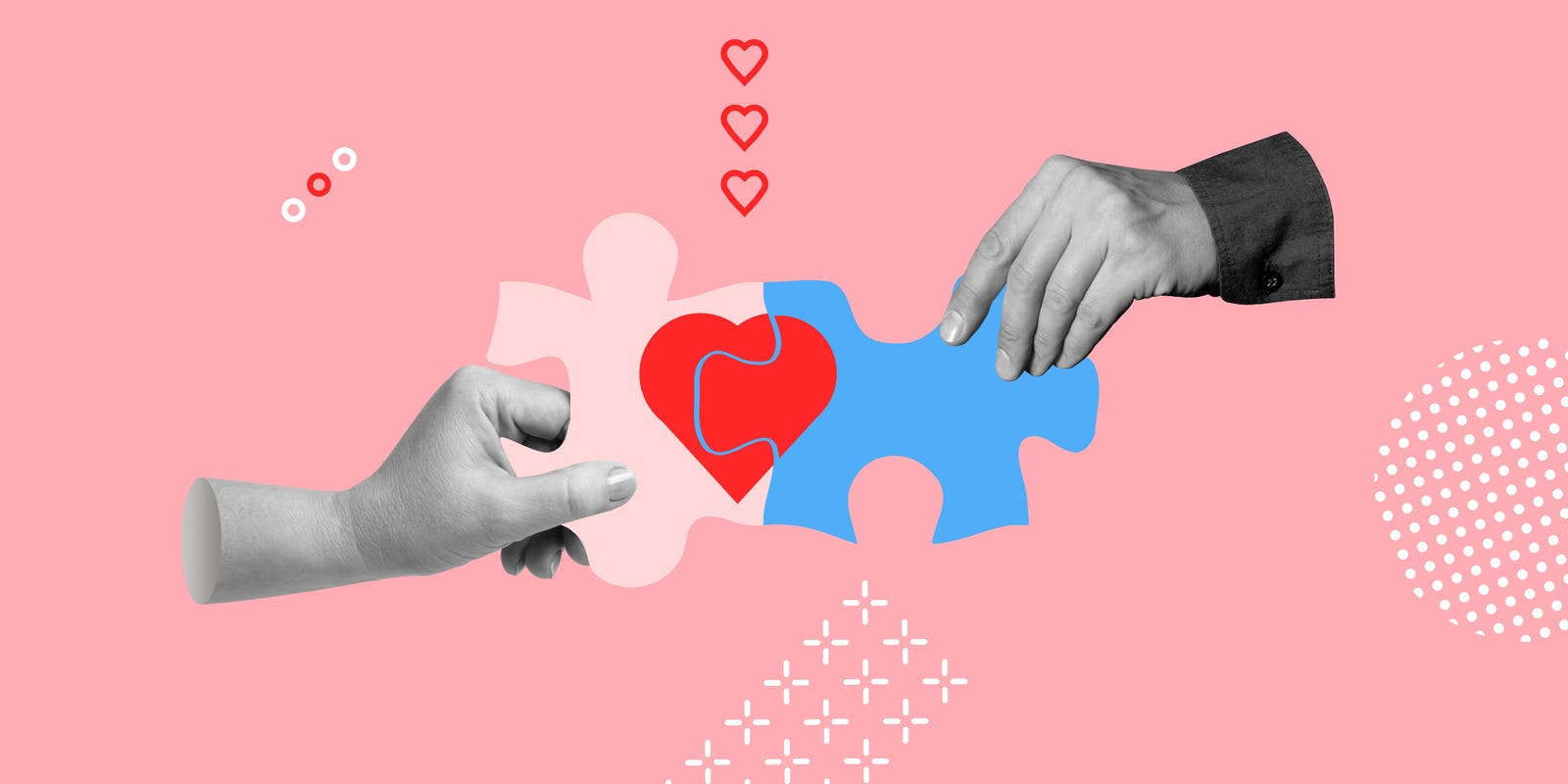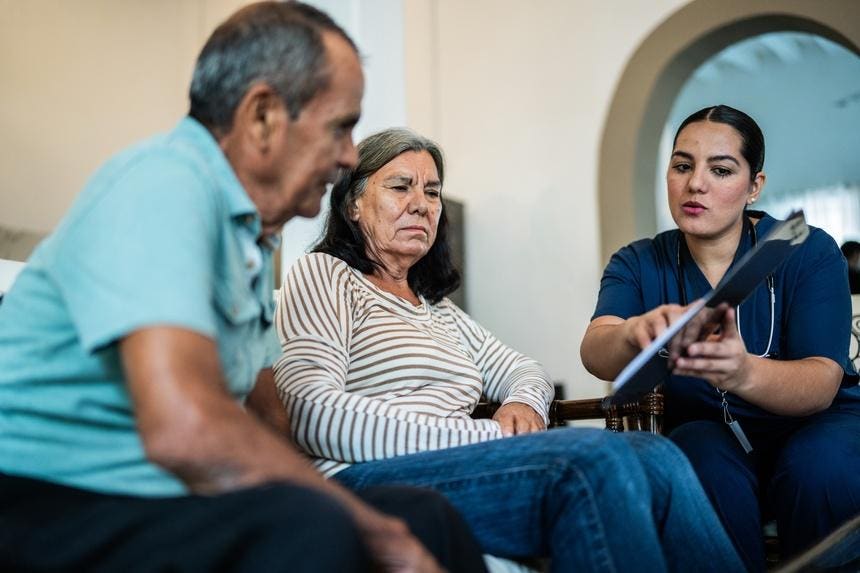Screen time. Child insomnia. Late night chat. Internet addiction. Sleepless girl texting communicating on smartphone hiding under blanket in bed at home.
getty
Whatever you spend the most time doing will dictate who you become and who you are. That concept is especially true with social media. If you doomscroll all day looking at fringe viewpoints, for example, you will likely start accepting those same viewpoints. Disconnecting can be hard, though. Social media obsession can lead to depression, anxiety, and other mental health issues—not to mention broken relationships.
Recently, I had the chance to speak to J.D. Greear, a pastor and book author who shared some wise words about how to combat social media obsession.
He says, instead of looking to social media as the place where we develop our substance and spend most of our time, that it should be a platform to share what we’ve experienced in the real world and in local communities.
Those are timely words, since the stats about this issue are quite astounding. Deloitte released a study that found Gen-Z and Millennials spend over six hours per day consuming digital content, and that over an hour of that consumption (about 1.4 hours for Gen-Z) is on social media. Pew Research says social media usage, especially on apps like Facebook and TikTok, is on the rise even since the pandemic.
How to combat the problem of social media obsession
Greear was quick to point out that he doesn’t tell people to delete the apps or stop using social media as a way to combat doomscrolling. “That’s like telling people to stop breathing air or don’t drive on roads anymore,” he joked. Instead, his approach is more focused on where we spend most of our time and what is our focus in life.
He is particularly concerned about the Gen-Z age group because of the time spent on the apps. The Deloitte research backs this up: they spend almost 90 minutes per day on social media, the highest of any age group. Because there is so much polarization on social media, it can feel like the world is at war from an ideological perspective, and that can create anxiety for younger generations.
“There’s a reason people say social media is not the real world. It’s a fraction of people that are at war on social media,” he says. “What’s happening on social media has a spillover effect because we assume it’s the real world and then we carry that division back into our communities. It’s like a self-fulfilling prophecy.”
Solving the social media obsession issue
Greear says there is a solution, though. Social media doesn’t have to be so consuming and enthralling, especially for those who have invested far more effort in relationships, getting to know people on a personal level, and helping in their communities.
“It’s not that we should disengage from social media but that we should have a greater presence in our local community,” says Greear. “When your entire life is on social media, it is going to be very warped. If social media is a garnish, if it is just coming out of your ensouled community and lived experience, then it can be a healthy and a good thing.”
That word “ensouled” is one to keep in mind. The technical definition is that we have a sentience, a will, and a purpose. Social media as a digital platform does not have a soul, but it can be a valid and healthy place where human ideas are shared and discussed.
For Greear, it’s really more about where we have our citizenship and where we put in the most effort. When it is the digital realm, we’ll likely feel disconnected—and a bit soulless. Once again, the stats support this. Constant social media use leads to anxiety because of the missed experiences and the loss of real relationships.
“It’s important that you have so much going on in your life, so many rich relationships, that you don’t want to take away from those to spend the next three hours tonight doomscrolling,” says Greear. “Enrich your life so it’s not such a craving [to spend time on social media] that comes from a place of loneliness or absence. Use them as tools, not as life. Apps like Instagram are a great tool, but when the tool becomes the substance and becomes your life, you have become a citizen of the wrong place.”
Those are wise words for those who struggle with social media obsession. When relationships and our personal lives are so enthralling, there’s no reason to scroll constantly. We can focus on real life instead.









